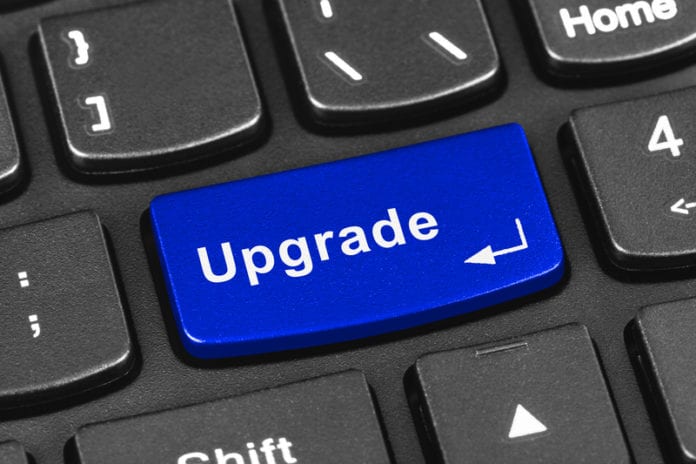The hard drive is a critical part of your computer. Without it, there’s no operating system. While the CPU represents the brain of the computer, it is of little use without somewhere to store and retrieve data, and that is why upgrading your hard drive can really make an impact on the performance of your computer. Here are four tips to keep in mind as you explore the myriad of possibilities out there with the new technology of today.
Weigh Mechanical Parts Against Solid State
Conventional hard drives use spinning discs to store and retrieve data. There is a physical limitation to how fast these can go, despite several technological breakthroughs over the years. Also, those mechanical parts get quite a workout and will break down sooner or later. Solid state drives cut out the mechanical parts and provide lightning-fast load times. However, there is still a tradeoff here. You can get a lot more space on a conventional drive than a solid state for the money, so you will have to decide which is more important to you.
Plan For Tomorrow, Not Today
It may seem like two terabytes is an infinite amount of space, but ask anyone how they felt ten years ago about a gigabyte and you’ll see that you don’t need to be budgeting for what you need right now. Ask yourself if the drive you are checking into is a fix for today or a fix for years in the future. How will you feel in five years? Applications are getting bigger all the time, so you need to play your space accordingly.
Watch the Specs
Whether you are looking at solid state or conventional hard drives, there are hardware specifications to take into consideration. It won’t matter how much extra space you got for your buck if the hard drive takes forever to load. Conversely, it won’t matter if the drive loads everything instantly if you end up having to move stuff to an external location because you are always low on space.
Use Your Resources
There was a time when going to a department store was the only real chance to score a decent hard drive. The age of the Internet changed all that. There are plenty of reviews online for any drive you may be examining. See what people think. Chances are someone has done benchmarking to show you just how a drive performs and interacts with other hardware. If you are looking at popular options, there’s a good chance a reviewer may even have your selections compared directly to one another. Do your due diligence and make sure you aren’t buying a lemon in your efforts to save a few bucks.
Your hard drive will be used almost every second that your computer is on for the life of the system. Keep these tips in mind and make a good decision the next time you think about upgrading your hard drive. For tips on upgrading your graphics card, check out our info here.
Resources:
Laptops For Less | Speed Up Your Laptop by Replacing Hard Drive with SSD
Backblaze | HDD vs SSD: What Does the Future for Storage Hold?
Prosoft | How Long Do Hard Drives Last? Lifespan And Signs Of Failure




















